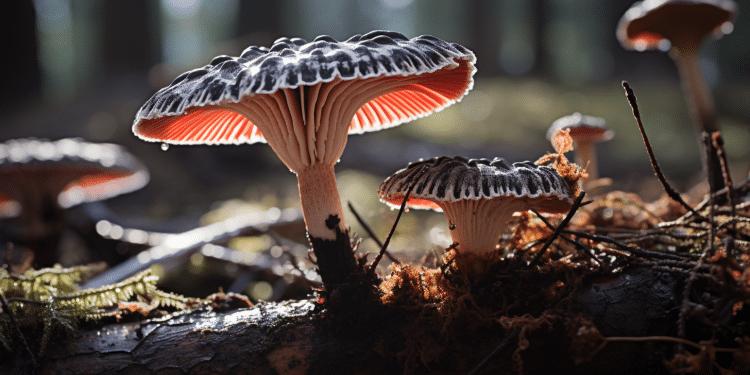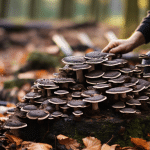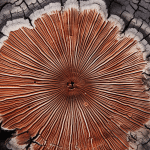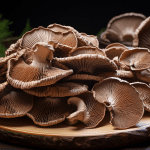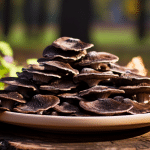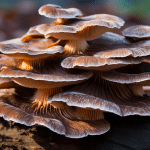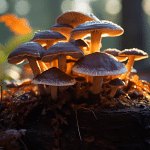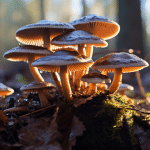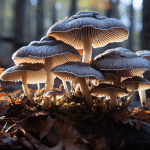What Is Candida?
Candida albicans is a yeast-like fungus that naturally lives in your digestive tract. It usually lives in balance with the other bacteria and yeasts in and on the skin and mucous membranes, causing no problems. So, you are not picking up candida, it is already there.
A variety of factors cause infections; one is when numbers of beneficial microorganisms (probiotics) which normally control candida numbers closely, are not able to keep up with an increase in pathogenic microorganisms (disease-forming).
Do Medicinal Mushrooms Help?
As well as eating a healthier, lower-sugar diet, some experts recommend eating a diet that is free of foods containing yeast, such as e.g. While some experts advise against mushrooms (because mushrooms are strongly associated with yeast), there is no universally agreed-upon eating recommendation, and it is a gray area as to whether or not mushrooms should be eaten if you have candida or are susceptible to it. But a medicinal mushroom might be another story.
Does Turkey Tail Mushroom Help With Candida?
Yes, Turkey tail mushrooms can help with candida. This is due to their antifungal properties. As long as your case of candida is mild and not severe, turkey tail mushrooms can help. Reishi has been shown to be effective against candida, and turkey tail and reishi share most of the same compounds that provide the health benefits associate with these mushrooms.
Why Medicinal Mushrooms are Good for Candida
Fungi are not really plants or animals. And, they evolved to defend themselves from bacteria and mold.
These antimicrobial properties are part of the reason why they have been used for centuries, particularly in traditional Chinese and Japanese medicine. Medicinal mushrooms provide amino acids, calcium, zinc, selenium, magnesium, and B vitamins including folate. They are also low in sugar, providing prebiotics, which then supports healthy probiotic bacteria.
Some of their active ingredients modulate or optimize immune functions. Some mushrooms also provide antifungal benefits, including anti-yeast activities against candida. For instance, the medicinal mushroom Ganoderma lucidum (reiishi) has adaptogenic properties (meaning that it helps your body adjust and deal with stress) and may support your immune system.
Grifola frondosa (maitake), Trametes versicolor (turkey tail), and Cordyceps sinensis (creeper mushrooms) are also used because of their immune-supporting properties. Lentinula edode (shiitake), Pleurotus ostreatus (oyster) and Flammulina velutipe (enoki) mushrooms have been used medicinally too, and also for flavor!
Cooking turns complex carbohydrates in mushrooms into simple sugars, increasing their glycemic load, though this does release the antioxidant levels.
If you are looking for something a little more specific, there are plenty of commercially available mushroom products via health food stores worth exploring. Also, you might want to also consider including probiotic foods in your diet, like yogurt, sauerkraut, and kefir, or taking a probiotic supplement to get healthy probiotic bacteria back in your intestines, since it can help to balance your flora.
Talk with your health care provider if you think you might have candida in order to rule out conditions that could cause similar symptoms, or if prescribed medications might be impacting candida infections. If you are concerned at all, and/or symptoms persist, consult with a health care provider.
You can find our favorite capsules, powders, and tincture’s on the following pages of our website and learn more about each individually:
Click to learn more about The Best Turkey Tail Mushroom Supplements
Click to learn more about The Best Turkey Tail Mushroom Powder
Click to learn more about The Best Turkey Tail Mushroom Tincture
Learn more:
